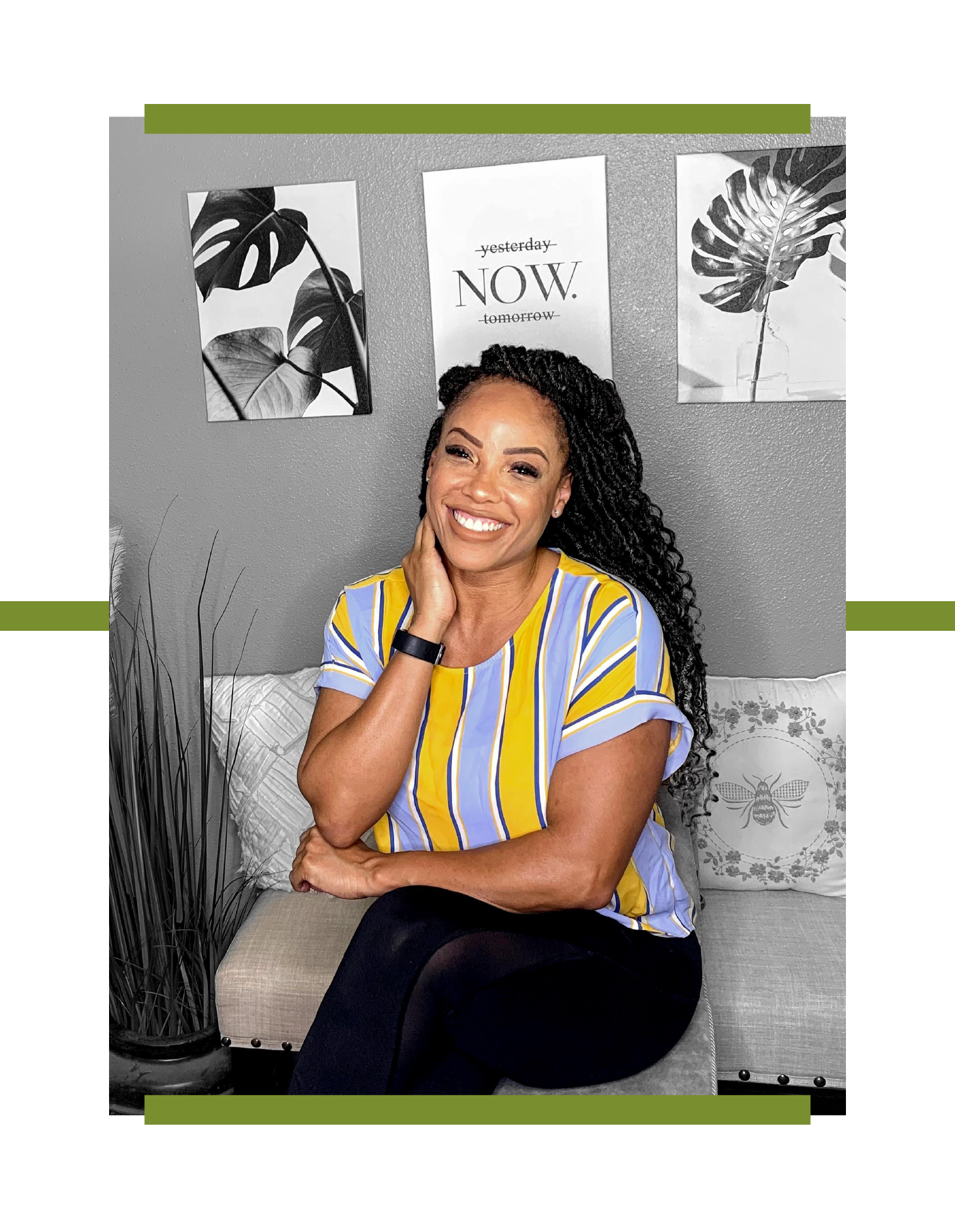Goals to Help Establish your Dream Career
When we first consider establishing goals some of the initial thoughts that come to mind include graduating college, perhaps moving onto graduate school, intertwining our lives with a partner in a mature and intimate relationship, and/or taking the plunge of transitioning from our childhood home to our own independent living quarters. These short-term goals likely occur in stages, taking place slowly as we chip away at them until these objectives come to fruition.
Much like education, relationships, and independence, establishing career goals is incredibly significant in setting ourselves up for a successful future. We often realize that career takes up most of their adult scope when recognizing that the average employed American spends more than half of their waking hours working each day. This implies that our career accounts for a considerably large portion of our lives and time.
With such a strong emphasis on working in our society, finding the ideal job and creating career goals unique to us becomes prevalent. We must identify what career goals fit us as individuals, where we envision our career path leading us, and how we can realistically work toward our career goals.
Consider these Goals to Help Establish your Dream Career
Begin by having a vision.
The best place to start is by identifying what type of role you can imagine yourself working in. What was your concentration of study in college? What previous work experiences have you thoroughly enjoyed? What are your skills, talents, and abilities?
Define your values.
What is important to you? What are your engrained beliefs and morals? How do you want to be remembered? What is your legacy?
These are questions we all should mull over when exploring value systems. By having concrete beliefs and morals it is easier to establish career goals for yourself. You are able to follow your ethics truthfully and allow them to guide you into the right career or implement them as your foundation in a career you already feel drawn to.
Know your happiness.
It may sound broad or even a bit insignificant, but we need to understand the root difference between our happiness and what the world promises will make us happy.
Is it working the 9-5 grind? Is it chasing the vertical ladder of upward mobility to become a Fortune 500 Company CEO? Or is it having a stable income while bearing a family and balancing enough time to pursue hobbies instead?
These things take time.
Please remember to be patient. Things do not happen overnight, especially in the manner of pushing through the grunt work to achieve that well-deserved dream job. Trust me, though, this is all part of the journey.
The most important aspect of establishing career goals is to start making them. Write down what you want to achieve in your career to have a visual of the work life you are mapping out for yourself. These objectives can be as broad or defined as you make them.
Last but not least… Ask for help! Having a Career Coach that guides you to Land Your Dream Career makes a huge difference.
If you want to learn more go and Book a Free Call Here!

Hi, I am Ruth McCrackin!
Your Career & Success Strategist Coach with well over 11 years of experience working hand in hand with Human Resources and Business Partners in achieving company goals and mission. It is my wish for high achievers to getting their high-end position in attracting their dreams and passion. Avoid the loop holes of missing great opportunities by applying job search strategies, LinkedIn Branding, storytelling, and much more to up level your career and lifestyle. Start Your Transformation Now!











